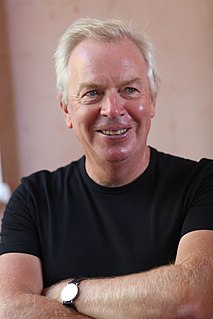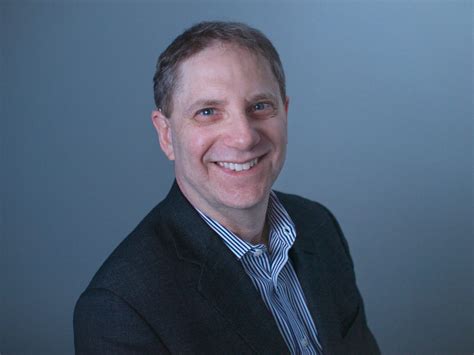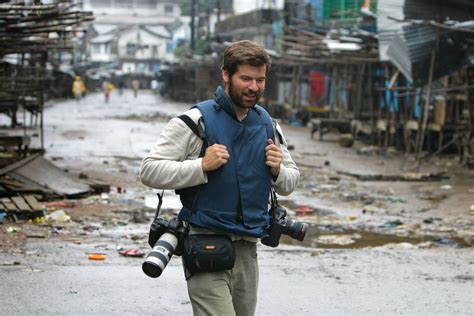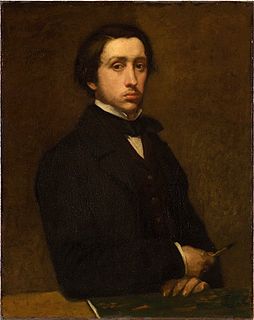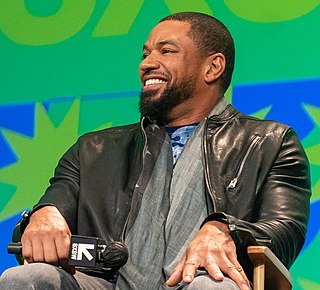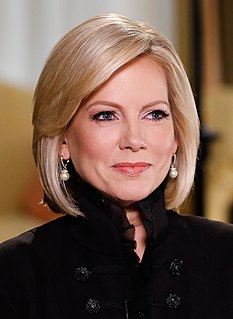A Quote by Walter Cronkite
Helping set the day's agenda and deciding what we used and editing it, that was a journalistic high point. I liked reporting as well. Just doing the news - the live performance - wasn't important. Working on the desk was.
Related Quotes
The traditional media does not have the kind of reporting muscle on the ground that it used to. I was very hopeful that the new digital media operations would pick up that slack, and a lot of them are trying and they're doing creative things. But none of them can scale appropriately to have enough journalistic firepower as well.
Media bias in editorials and columns is one thing. Media fraud in reporting 'facts' in news stories is something else. ...The issue is not what various journalists or news organizations' editorial views are. The issue is the transformation of news reporting into ideological spin, along with self-serving taboos and outright fraud.

